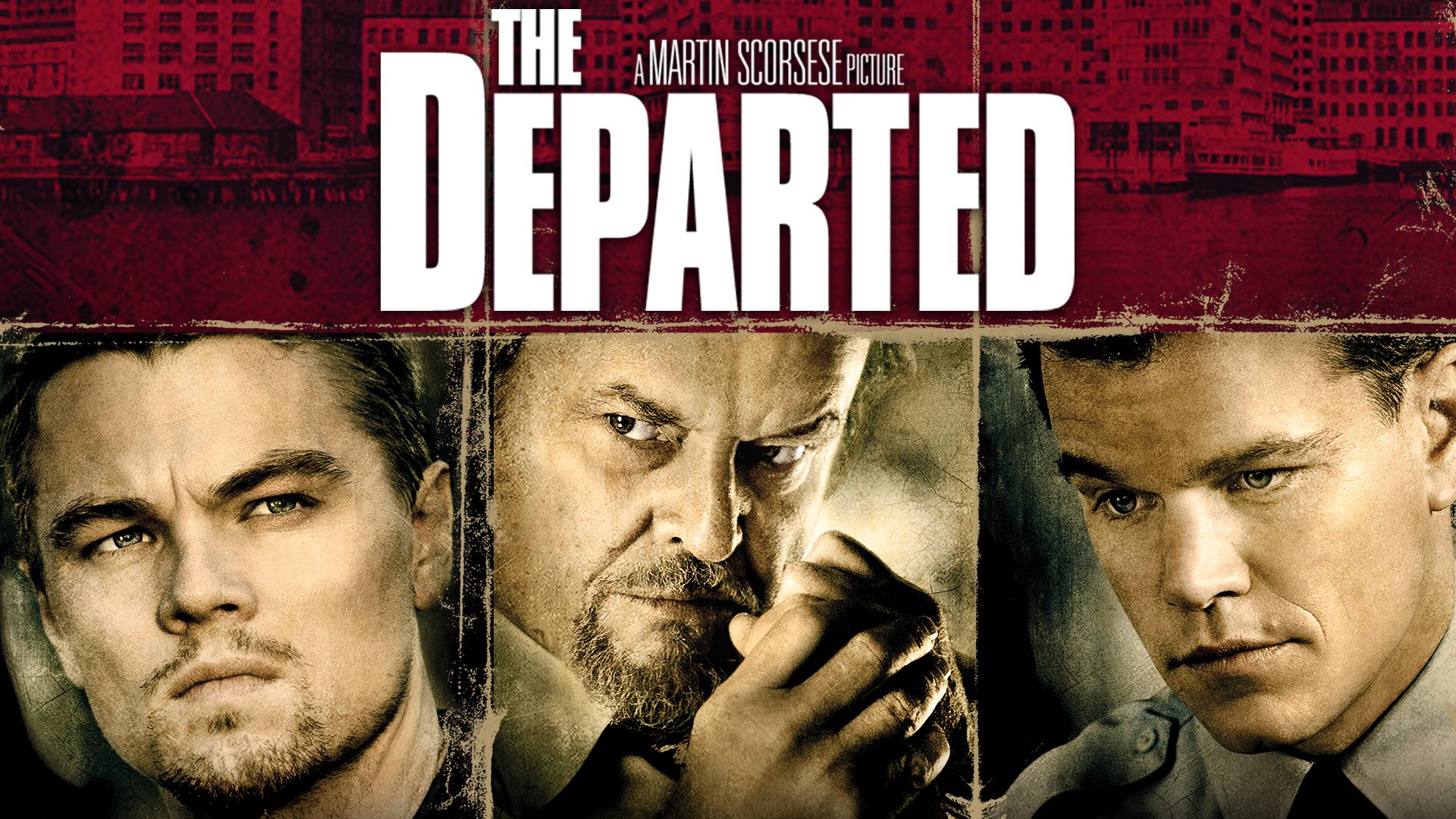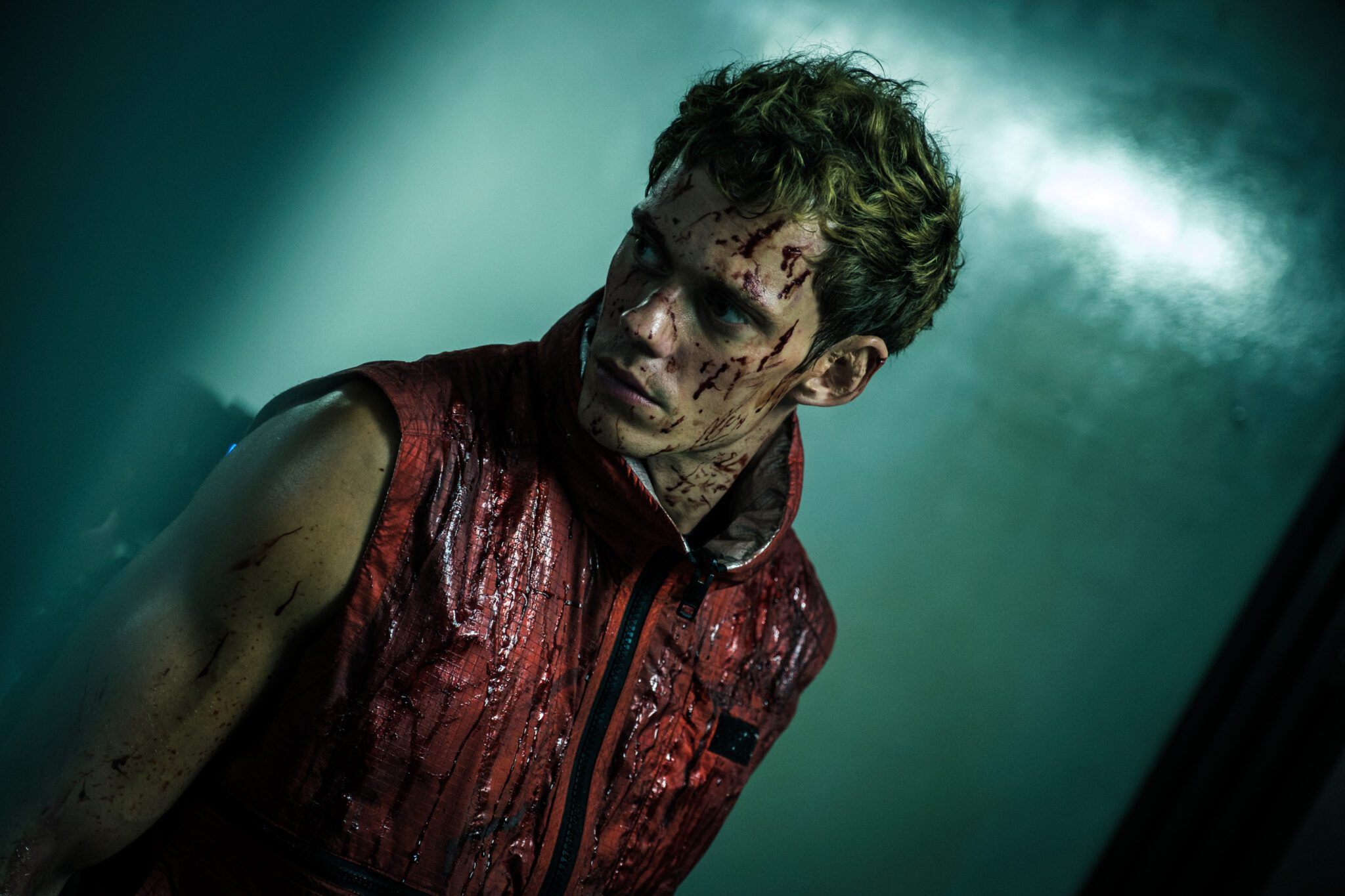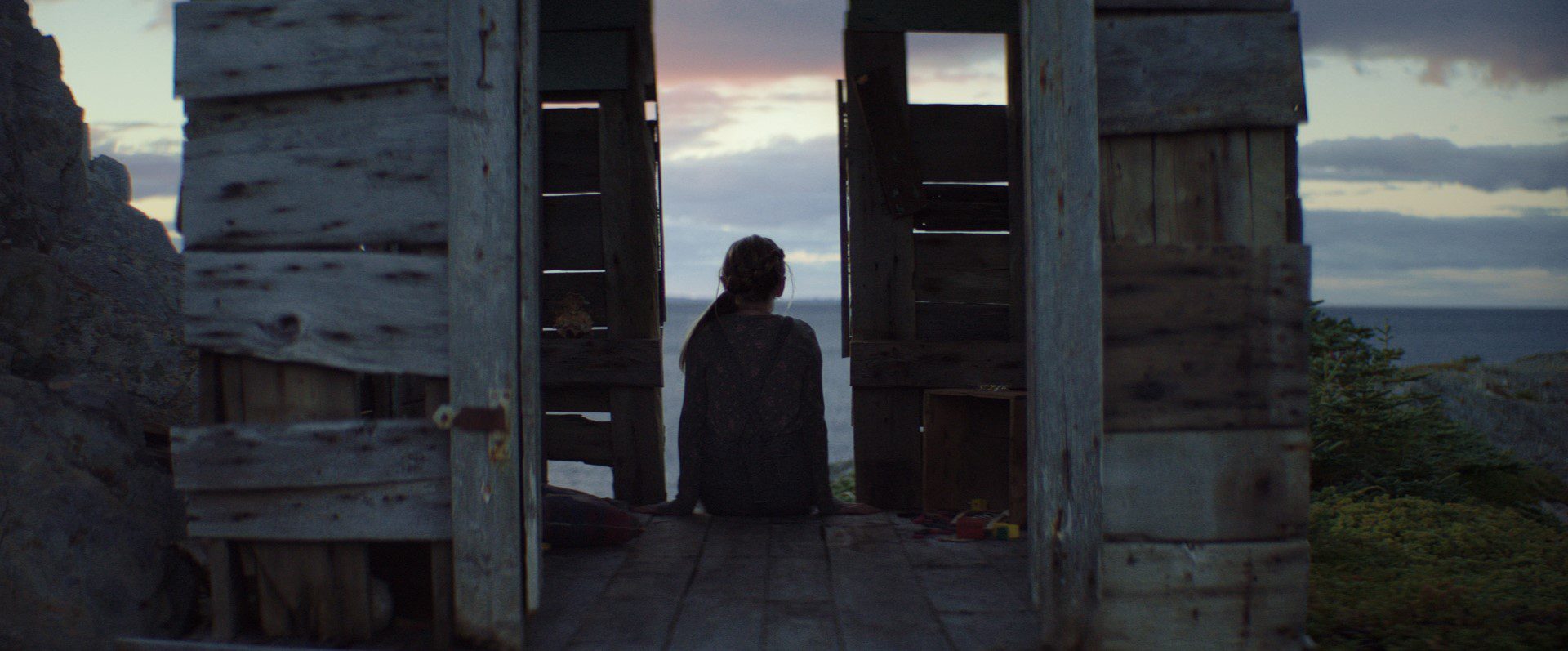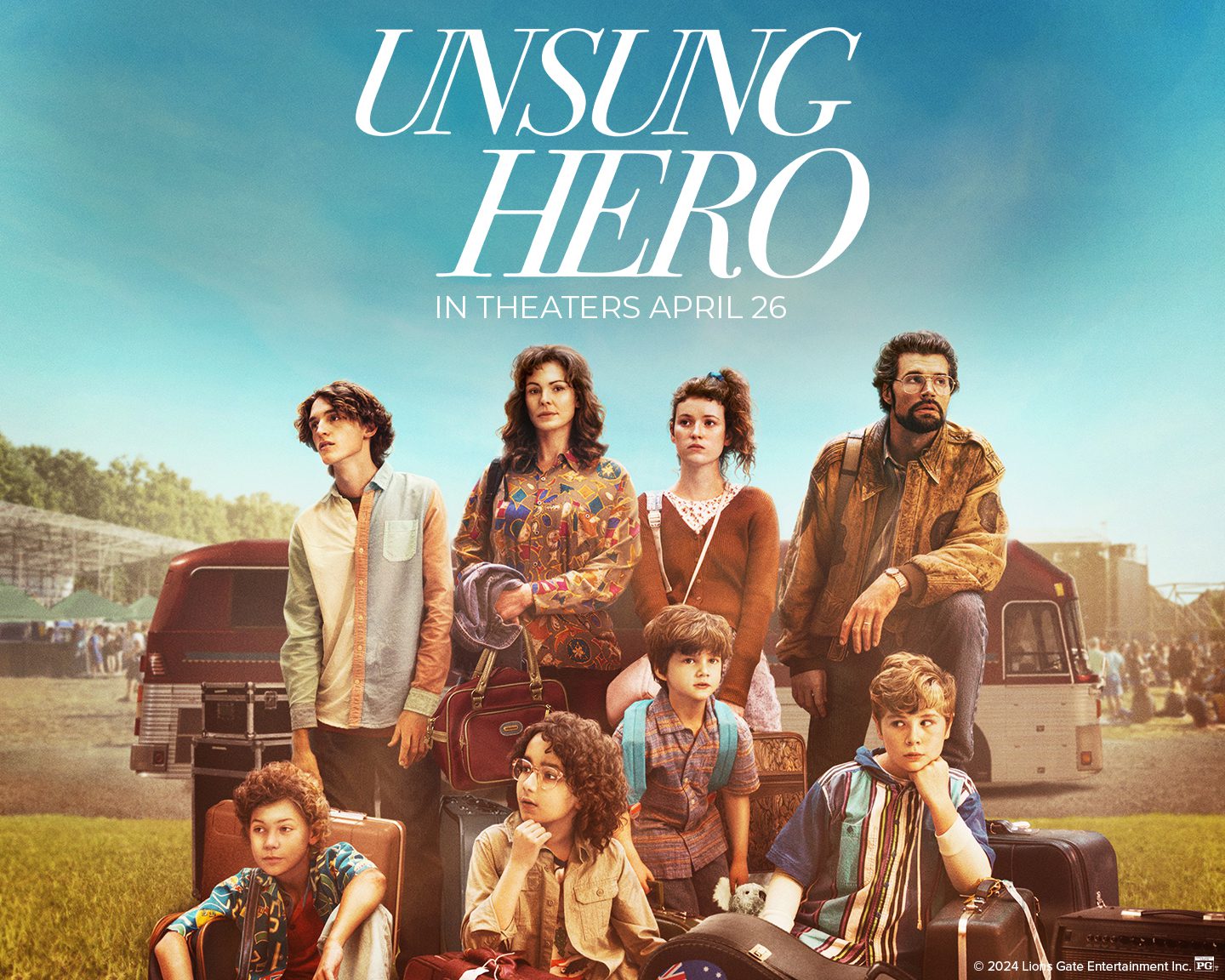I grew up with the 1960 version of Peter Pan starring Mary Martin, so much so, I can still sing ?I?m flying? by heart. And something about the story of the boy who would never grow up has followed me around like a shadow, because I have kept a soft spot for all things Peter Pan. Maybe it?s the dream of eternal youth?maybe it?s the thrill of childhood adventure where anything can happen?maybe it is the journey of walking the line from childhood into adulthood and how we somehow strive to live in both worlds as we press on.
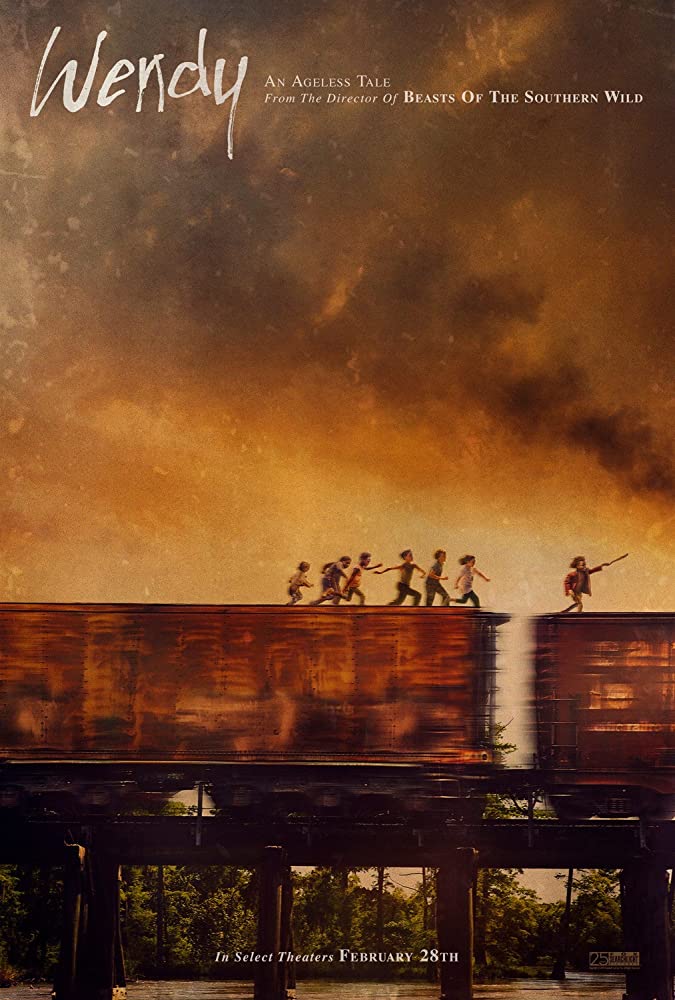
Whatever it is, I was looking for it in Benh Zeitlin?s Wendy, a film that dances between the well-known lore of Peter Pan and an eccentricity that is encompassed by an earthy realism of cinematography. Having never seen Zeitlin?s Oscar nominated film, Beasts of the Southern Wild, I wasn?t sure what to expect with this adaptation. And, truth be told, I sat kind of stunned and unsure of how I felt when Wendy was over.
With a cast of newcomers and unknowns, Wendy transports the viewer from a busy diner by the tracks to an island inhabited by lost boys, a mysterious group of aged adults known only as ?the Olds,? and an underwater fish-like creature called ?Mother.? It?s during their time here that Wendy (Devin France), and her brothers Douglas and James (twins Gage and Gavin Naquin respectively) latch onto the adventures of Peter (Yashua Mack) with the same determination to never grow up and lose the fun of being a child. While the basic storyline of a more typical Peter Pan is in tact, the expression of it couldn?t be more different. Where one might anticipate fanciful colors and scenery, Wendy is muted and dusty. Where one would look for good natured fun mixed with sword fights and fairies, Wendy borders on being too serious, pirate-less, and the only mythical creature we really see is the mother who lives under the sea. I squirmed through it, wondering where my beloved story was.
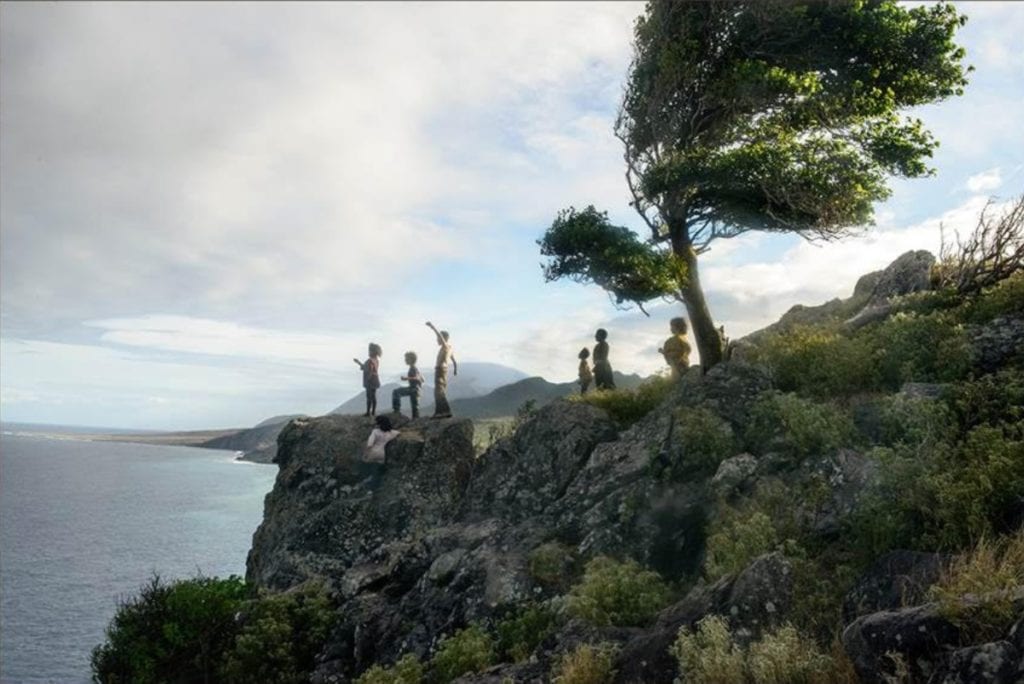
The setting was part tropical island, part decimated war zone, creating a clear visual between the life of youth and the death of aging. There is a brief backstory to the destroyed living quarters of the Olds and how Peter came to be, but honestly I couldn?t follow it. Or was it because I didn?t want to, as this was just not Peter Pan?
There were more elements that I simply didn?t care for, like the fish-like creature, ?Mother,? and how far deep into the ocean the children had to swim to see her. James? and Douglas? storyline was heart wrenching, and at times I couldn?t help but want to yell at Peter for being so careless about those he is supposed to care for. Peter seems to always have that tendency of selfishness, yes, but this took it too far me. And while the ending was what it had to be, I still was dissatisfied with what I had just watched. And yet.
And yet I felt something nagging in my mind for days after. No, the story I loved wasn?t there on the surface, but the poignancy of Zeitlin?s adaptation wouldn?t leave me alone. With the majority of Peter Pan stories, it?s easy to embrace and then move on from the point that we have to grow up and leave childhood behind. But Wendy doesn?t really let you ?move on.? I was left contemplating, and deeply, the implication that in transitioning from childhood to adulthood, there is death. There is that part of us, whether we call it innocence or naivety, that is lost and forever. We may cling to it or try to reclaim it, but the truth of our realities drowns out the fantasy. If Wendy and her brothers aren’t completely immune to it, how can I expect to be safe from it as well? We all have to grow up.
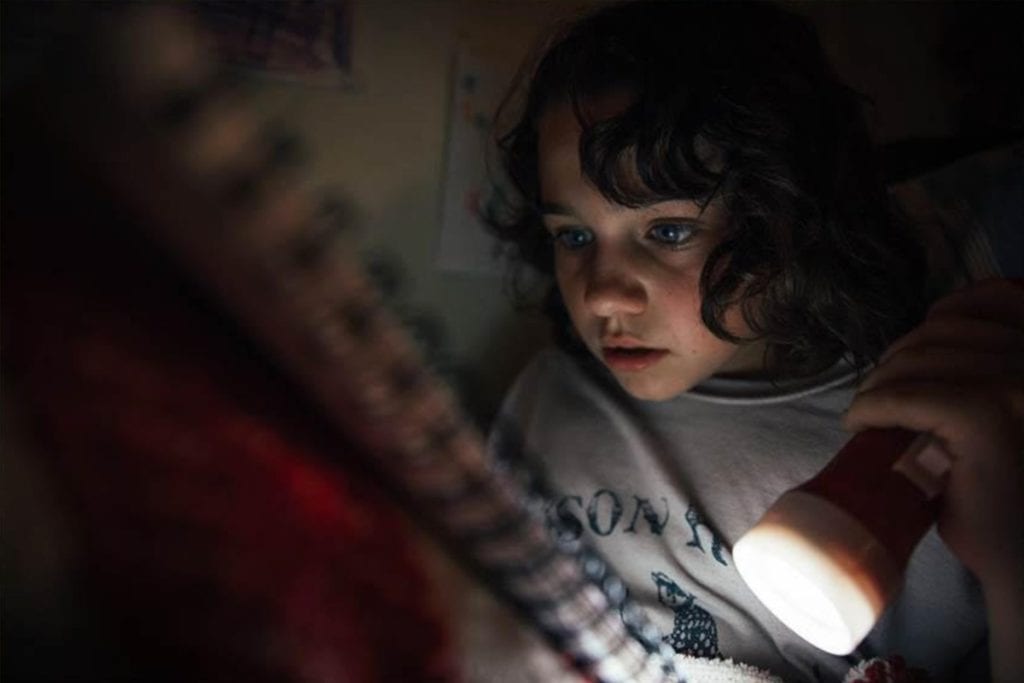
But that doesn’t mean that innocence in childhood is free from the worries of the world. This film displays just how messy childhood is. There is loss, there is pain, there is darkness. Grief knows no age limit. We do our best to guard and shelter our children but in many ways, they are on the front lines of life. They see and hear far more than we realize, and so their feelings dwell from depths unexpected. Being at home with four kids right now, who have been forcibly detached from their friends and families, has provided a crash course in just how easy it is to both under and over estimate their feelings and adaptability. They are resilient, yes. And often, the role of protector and comforter is transposed from us to them. When we hit the walls of realization that we ?can?t go back,? they are the ones taking us by the hand and leading us off into a new horizon.
I am so guilty of simply assuming that because they are strong, they are ok. They run through the yard on invisible adventures, create entire worlds on paper and in their minds, and spend hours exploring the depths of their imaginations. But at night the fear creeps in. The unknown darkness overwhelms them as they finally focus on the changes the world is throwing at them, with their minds and bodies exhausted from it all. They turn to me, seeking peace and safety, and what can I offer? How do I balance hope with reality with the same grace and confidence that they do? Who am I to lead them, when I so desperately long to be them?
If I take anything with me from Wendy, it is that to be a child isn?t just to be innocent and carefree?to be a child means to hold onto life, with all the joy and all the sadness it brings. Yes there is fear and doubt, but there is also peace and hope. We are all children when we look at the world in front of us, in the midst of the good and the bad, and believe that “to live will be an awfully big adventure.”
Wendy is available on VOD now.


